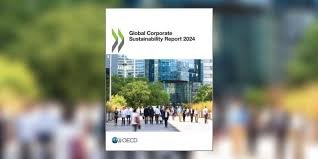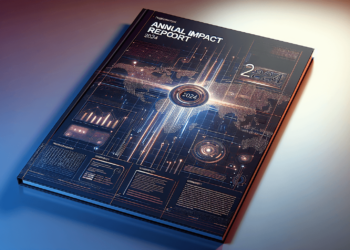ESG considerations are now playing an increasingly vital role in the dealmaking process of M&A professionals, as revealed by a recent survey conducted by the renowned global professional services firm, KPMG.
The survey results indicate that over half of the respondents reported deal cancellations due to significant findings during ESG due diligence. Furthermore, an astounding two-thirds of investors expressed their willingness to pay a premium for companies that align with their ESG priorities.
Survey Participants and Findings
For this comprehensive study, KPMG sought the insights of 200 U.S. ESG practitioners, encompassing corporate investors, financial investors, and M&A debt providers.
The survey highlighted that a significant majority of professionals, a striking 74%, have already begun integrating ESG considerations as a vital component of their M&A agenda.
Among the reasons cited for conducting ESG due diligence, 46% of respondents emphasized the identification of ESG risks and opportunities. Additionally, 19% mentioned requirements set by investors, while 14% pointed to the preparation for upcoming regulatory standards.
Mark Golovcsenk, KPMG U.S. ESG and Climate Services Leader, stressed the importance of these findings, stating, “The data speaks loud and clear: Companies and investors are increasingly integrating ESG considerations into their M&A strategies, not only because it’s the right and responsible thing to do but also because of the value implications of ESG.”
Potential Impacts of ESG Due Diligence Findings
The survey explored the potential ramifications of ESG due diligence findings. Notably, more than half of the respondents acknowledged that red flags related to ESG factors could serve as deal stoppers (51%) or lead to additional closing conditions (52%).
Additionally, 44% of respondents believed that such findings could result in a reduction in the valuation of the target company.
Remarkably, 53% of participants reported instances where material ESG due diligence findings led to the outright cancellation of deals, and 42% indicated that they resulted in purchase price reductions.
Premiums for High ESG Maturity Targets
Despite the impact of adverse ESG findings, the study revealed a noteworthy trend among investors.
Over 60% of respondents expressed a willingness to pay a premium for targets that demonstrate high levels of ESG maturity and align with their own ESG priorities. Among this group, more than a third stated that the premium amount could exceed 5%.
Future Outlook for ESG Due Diligence
The survey participants indicated an anticipated increase in the frequency of ESG due diligence going forward. An overwhelming 72% of investors revealed their intention to conduct ESG due diligence on more than 20% of deals in the future, a notable rise from the 56% who had done so in the past two years.
Additionally, 27% of respondents expect to conduct ESG due diligence on more than 80% of their deals, compared to only 16% who had done so over the past two years.
Challenges in ESG Due Diligence
Despite the evident trend towards integrating ESG considerations, the survey also identified key challenges faced by professionals conducting ESG due diligence. A prominent challenge reported by 59% of respondents was the lack of robust data.
Additionally, 56% expressed difficulty in selecting a meaningful scope for ESG due diligence, while the same percentage stated that there was an inadequate understanding of what ESG due diligence entails across stakeholders. Quantifying findings also emerged as a challenge, as reported by 45% of the participants.
The Growing Importance of Sustainable Practices
In conclusion, the survey results underscore a compelling truth: sustainable practices are no longer a mere choice but a prerequisite for resilience and growth in today’s evolving world.
As ESG considerations continue to gain prominence, companies and investors must recognize their significance in M&A strategies to ensure a thriving and responsible business landscape. By aligning with ESG priorities, businesses can secure a competitive edge in the market and foster a sustainable future.





